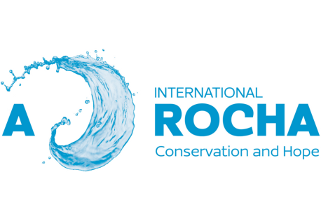The Great Global Nurdle Hunt – the results are in!
In February, A Rocha teams in Canada, California, Florida, Portugal and Kenya joined in with the Great Global Nurdle Hunt – 352 beach surveys in 32 countries across all seven continents. The results provide vital data to help raise awareness about this ubiquitous problem plastic and encourage industries and Government leaders to take action.
Nurdles are tiny plastic pellets, each about the about the size of a lentil, used to make nearly all our plastic products. But through spills and mishandling by industry, many are ending up in the sea where their effect on our delicate marine ecosystems is becoming an increasing concern. Nurdles attract and concentrate background pollutants like DDT and PCBs to highly toxic levels and can be mistaken for prey by marine animals. And the issue does not go away – like other plastic, over time they just fragment into smaller and smaller plastic particles.
So how big a problem are nurdles?
The results of the Great Global Nurdle Hunt showed that:
- Plastic pellets were found on 84% of beaches surveyed and in all continents except Antarctica;
- Nurdle pollution was evident across 28 out of the 32 countries from the Gulf of Mexico to Abu Dhabi, Ecuador to South Africa;
- 40% of nurdle hunts found 100-1000 pellets, 12.5% found over 1000; and
- More than 9000 plastic pellets were found in a nurdle hunt on Tortuga Bay in the Galapagos Islands, whilst millions were found on Ferrycraigs beach, North Queensferry, Scotland.
Find out how you can take action against marine plastics – as an individual, a family, a church or any other group. Our microplastics toolbox will equip you to make a difference in your local community.

Photo: Eric T, A Rocha Kenya
